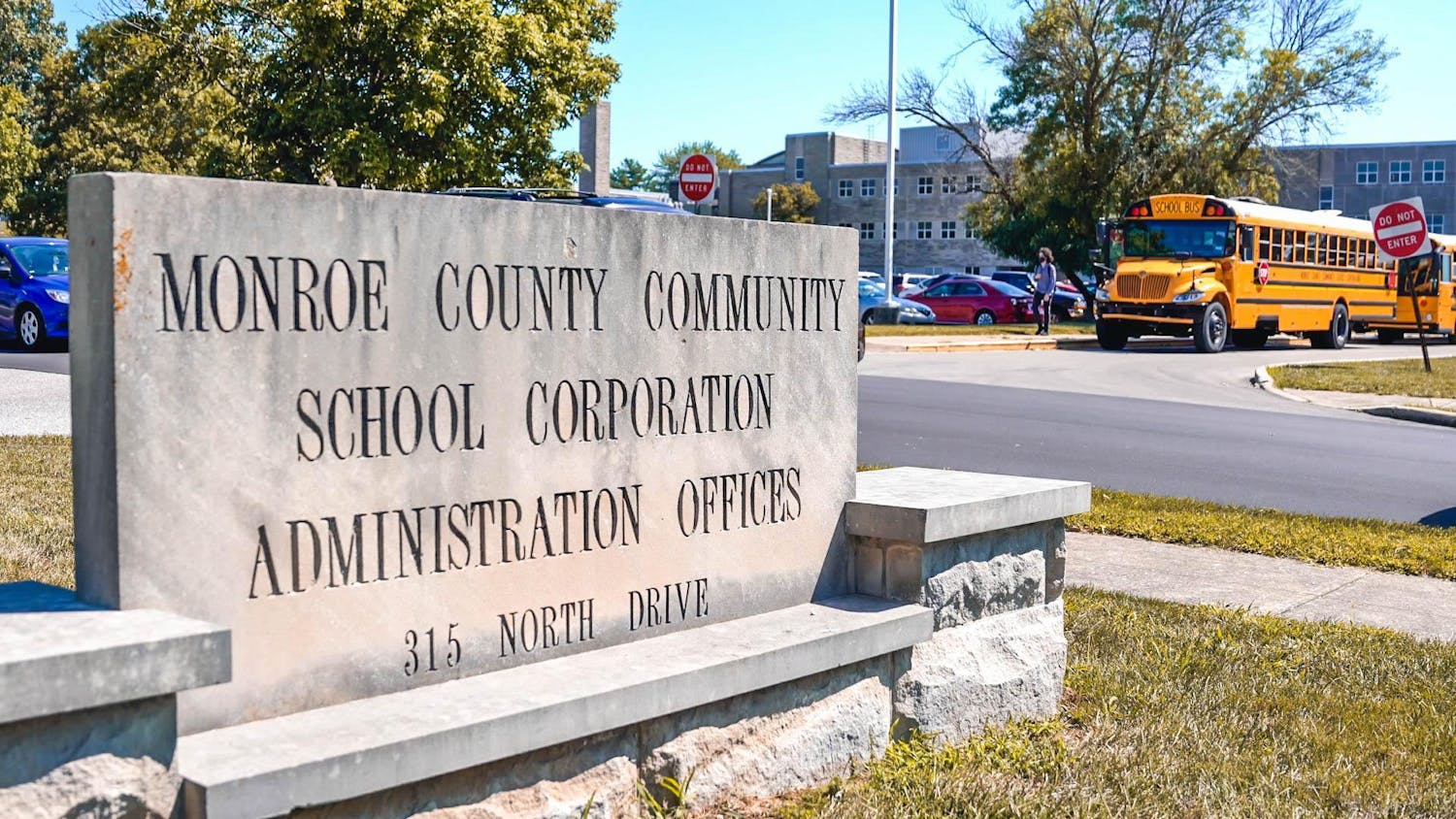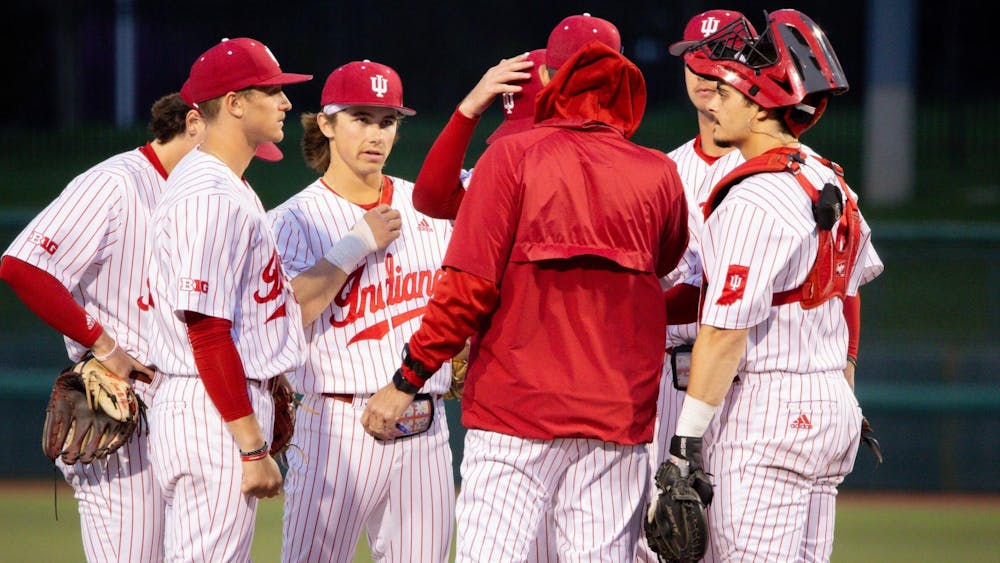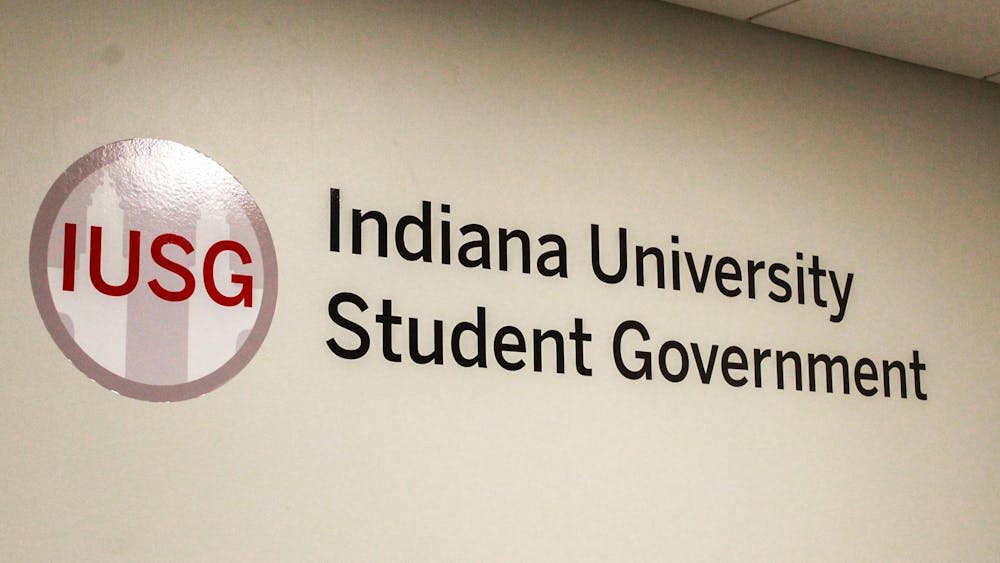IU professor James McKinlay was one of five faculty members to receive IU’s Outstanding Junior Faculty for 2016-2017 award. The award is presented to tenure-track faculty members who are working on nationally recognized research or creative projects.
McKinlay is the head of a lab in the Department of Biology, where most of the research he conducts is concerned with how different microbes interact with one another on a metabolic level.
“Metabolism is a topic that is not necessarily the most appealing topic to get into, but I was just really, really excited about the potential of using bacteria to do useful things,” McKinlay said.
McKinlay said he took interest in biology at a young age because of the access his parents gave him to the natural world. He spent a lot of his childhood outside, preferring long hikes, bike rides or searching for crabs on the beach to being indoors.
Although he had always loved the outdoors, McKinlay said he made his decision to pursue a career in biology for practical reasons. After being torn between pursuing art or biology, he decided on biology because of his developing interest in using microbes to advance society.
He said the research is carried out by putting two microbes together and giving them each something to eat. The microbes then create waste, which is an essential nutrient for the other bacteria.
This process is different from most microbiotic research because it combines multiple species instead of using one species and one test tube, McKinlay said.
“We do it in such a way that one species cannot survive without the other,” McKinlay said. “If they want to survive, they have to cooperate.”
Because this process requires each species to acquire nutrients from the other, it creates a stable and cooperative relationship, he said. By understanding their relationships, McKinlay said he can better understand how microbes cooperate and how their relationship evolves over time.
When conducting research in his lab, McKinlay said one goal is to figure out how to use microbes to do something beneficial for society, whether that means addressing energy or environmental issues.
“We harness that relationship to either make a biofuel or degrade something,” he said. “I would hope that some of our discoveries could really make an impact on society through using microbes to do something useful.”
Other goals for McKinlay's lab are to demonstrate the importance of research, even in its most basic form, and to encourage undergraduate students to pursue research.
“It’s really important for innovation and for preparing future generations for the workforce,” he said. “I want my lab to be a place where students emerge from my lab to be competitive on the job market and go have successful and enjoyable careers in science.”
McKinlay said that in many ways, because of the talent of the junior faculty members who could have been potential recipients, he was surprised to receive the award.
“It’s a tremendous honor,” he said. “I think part of what makes it a tremendous honor is being so aware of how much talent there is at IU. There are a lot of people who were equally — arguably more — deserving than I was.”






